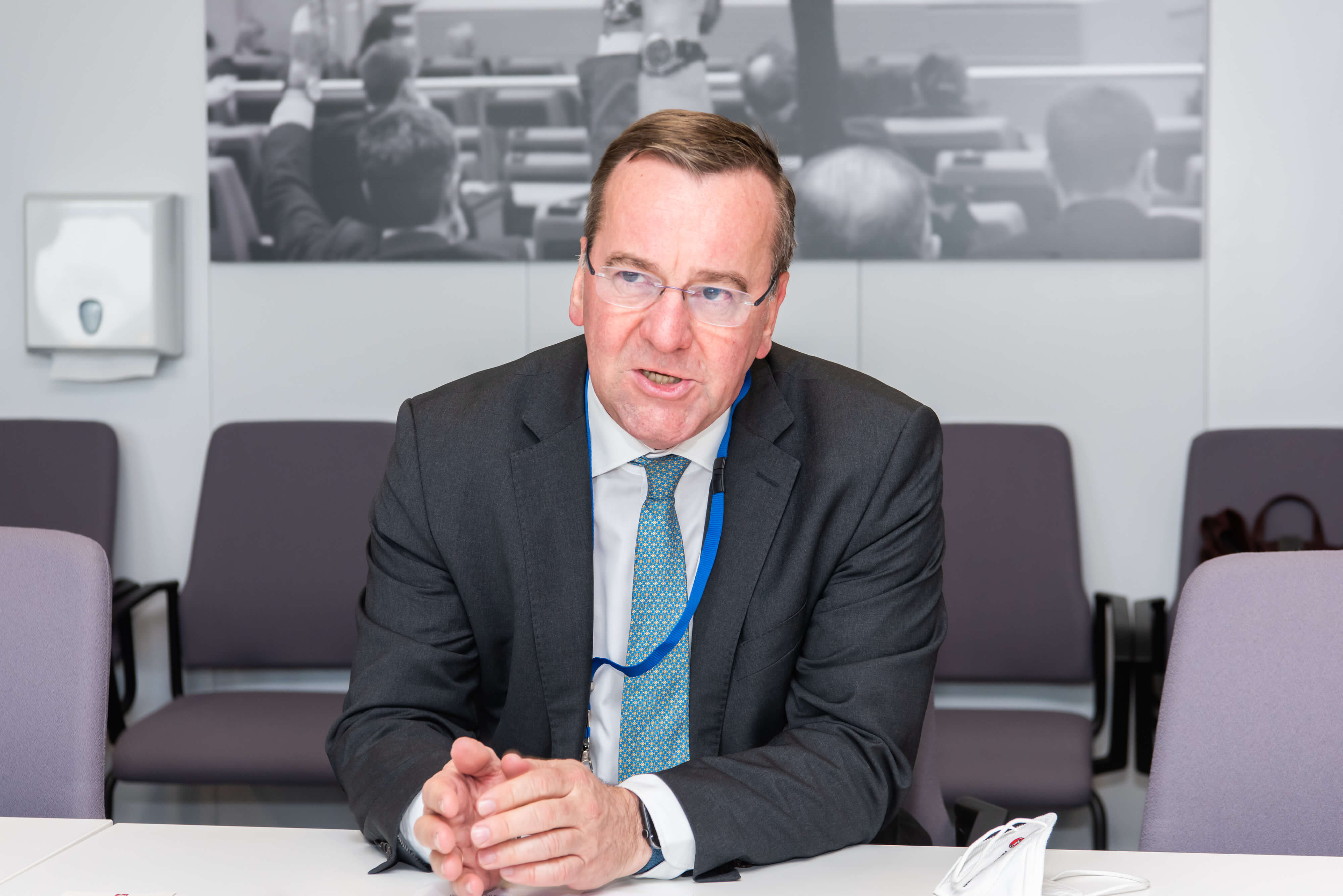As expected, the former Estonian PM Kaja Kallas made a favourable impression at the hearing in the European Parliament, and she has only one formality left before she becomes the new head of the EU diplomatic service in December.
She convincingly defended the priorities of her forthcoming mandate for three hours before the foreign policy committee of the European Parliament. Kaja Kallas will take on a job full of challenges in an attempt to deal with at least two key ones.
Initially, the aim is to restore the European Union's tarnished reputation on a global scale, especially in crisis regions, and simultaneously tackle the economy, green transition, and human rights using diplomatic methods.
Secondly, it is crucial to establish a functional consensus within the EU about the main trajectories of the shared foreign policy, with a focus on Ukraine and Russia, the US, China, and the Middle East.
Both challenges seem almost insurmountable at this point. Pessimism stems from the internal organisation of the EU, where the most influential member states dictate the main courses in accordance with their interests, despite participants' obligations to implement common foreign and security policies.
In recent years, the EU has lost much of its previously significant global authority due to various circumstances, including Brexit, the migrant crisis, and Russian aggression against Ukraine.
Creating a balance
Ms Kallas, in presenting the diplomatic priorities of the EU at a hearing in the European Parliament last Tuesday, clearly showed that she intends to create a balance between different interest vectors that will affect her work in the next four years.
As anticipated, Kaja Kallas, one of the most steadfast supporters of Ukraine in its defence against Russian aggression, has established EU unity in support of Kyiv as the primary pillar of future European diplomacy.
"Ukraine's victory is a priority for us all," she said at the so-called "grilling" in front of the MEPs, calling for the continuity of European support for Kyiv as long as necessary.
European policy towards Ukraine will very soon be under pressure from the US
However, she will encounter opposition to this policy from governments like Hungary and Slovakia, who have significant reservations about continuing to support Ukraine.
The entire European policy towards Ukraine will very soon be under pressure from the US and the new administration in Washington.
Ms Kallas has chosen to advocate for a middle path in the forthcoming gap between Trump's expected gradual or sudden shift away from Ukraine and the resistance of the most influential Europeans to the new Ukrainian policy of the Washington administration.
The wave of EU sovereignty
Her transition to a new job occurred during a challenging period. The victory of Donald Trump alarmed European capitals, prompting them to initiate high-level talks, primarily on the topic of common security, just one day after the American elections.
"We will work towards a more united, stronger, more sovereign Europe ... by cooperating with the United States of America and defending our interests and our values," French President Emmanuel Macron wrote on X after talks with German Chancellor Olaf Scholz last Wednesday.
On the same day, their defence ministers, Sébastien Lecornu and Boris Pistorius, met in Paris and advocated keeping up military spending and "unity" in terms of European security, including the UK.
"The question of multilateralism is at stake, the question of how we as Europeans position ourselves in this world order," said Boris Pistorius.
 The question of multilateralism is at stake - Boris Pistorius
The question of multilateralism is at stake - Boris Pistorius
The UK joined the joint European response during PM Keir Starmer's visit to Paris on 11 November. Following the meeting, the British Prime Minister and the French President released a joint statement, reaffirming their commitment to "support Ukraine unwaveringly."
The future top EU diplomat, however, in her opening address to the European Parliament, tried to moderate this wave of advocacy for European security "sovereignty," which followed Trump's victory.
Ms Kallas strongly advocated that NATO remains the priority security framework of Europe and that efforts to shift to the structures within the EU could be "confusing when the real conflict hits."
Deal with the US regarding China and Ukraine
This was her clear indication of a softer approach towards the incoming administration in Washington, as well as potential reservations on the part of the United States towards security multilateralism with the Europeans.
Kaja Kallas is wary of Europe's security shift inward, as the hesitation of some European governments would undoubtedly encourage Trump to increase his opposition to the NATO partnership.
At the same time, the future vice president of the European Commission suggests some kind of strategic deal with the US, offering a much stronger European positioning towards China, in line with Trump's policy, while in return she would expect his greater commitment to support Ukraine as a top European priority.
Kaja Kallas will face internal resistance from European partners, particularly the more powerful ones
"If Washington was worried about events in the South China Sea, then it should also be worried about how we respond to the Russian war against Ukraine," said Ms Kallas in front of European parliamentarians.
She will face internal resistance from European partners, particularly the more powerful ones, as she attempts to implement the obvious idea of seeking a compromise with the Trump administration over European security priorities.
It is therefore possible that her strategy and even her authority will be undermined because her executive function is inadequate and she comes from a politically and security-wise less powerful member state of the EU and NATO.
However, she will draw on her previous background as a fervent supporter of solidarity with Ukraine and an unwavering commitment to the alliance with the US and the UK within NATO.